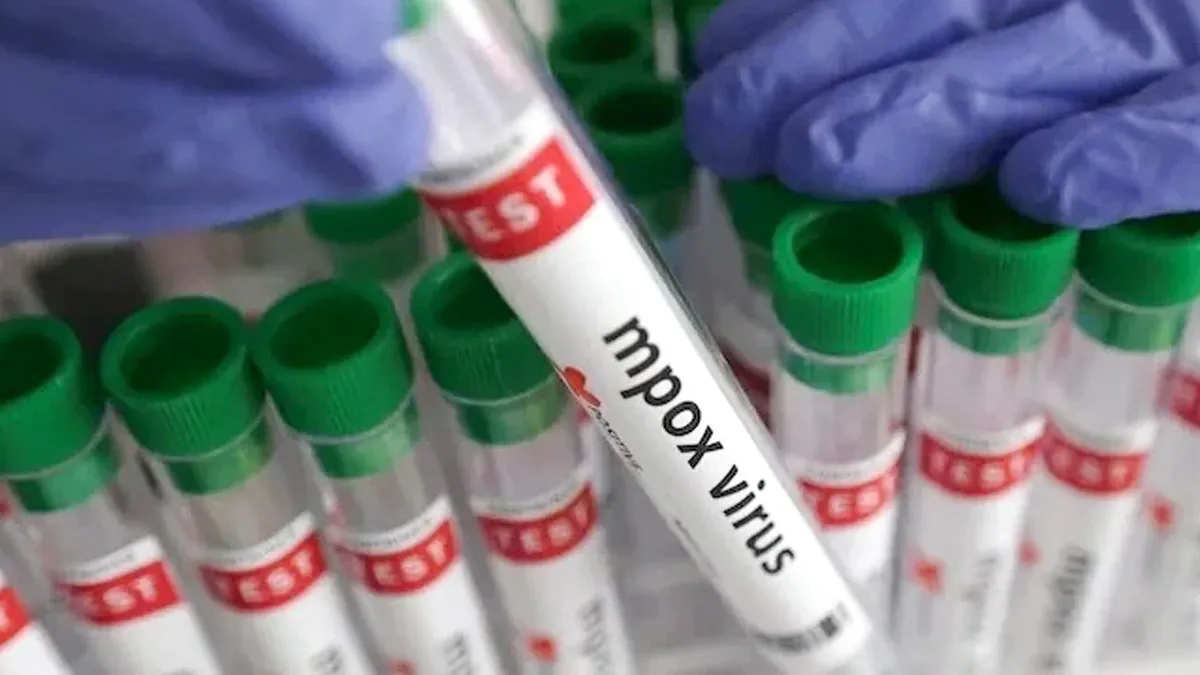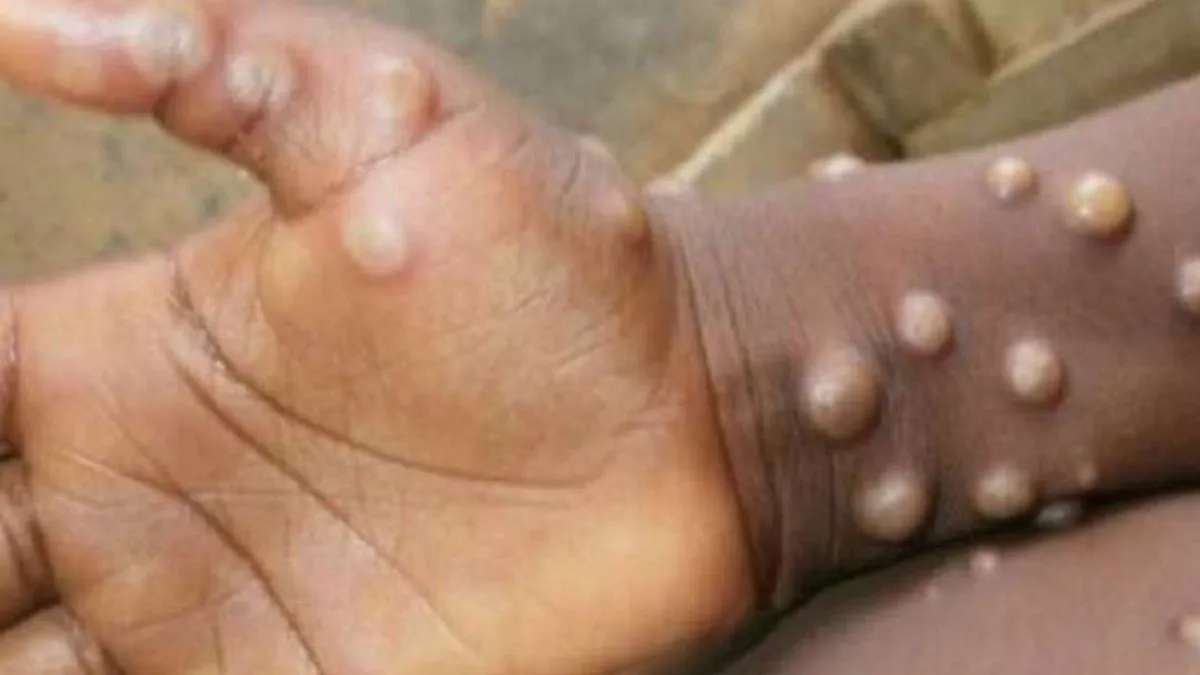
Karnataka has reported its first Mpox case of the year, sparking concern among health authorities. A 40-year-old man, who had been residing in Dubai for nearly two decades, tested positive for the virus shortly after arriving in Mangaluru. The state health department confirmed the diagnosis on January 22, 2025, following tests conducted by the National Institute of Virology (NIV), Pune.
Table of Content:-
In an official statement, the department revealed, "A case of Monkeypox (Mpox) has been confirmed on January 22, 2025, in a 40-year-old male from Mangalore, a native of Karkala in Udupi district." This marks a significant development in Karnataka's public health landscape as authorities intensify efforts to contain the spread of the virus.
Understanding Mpox: What You Need to Know
Mpox, formerly known as monkeypox, is a zoonotic viral infection caused by the Orthopoxvirus genus. It was first identified in laboratory monkeys in 1958, giving rise to its original name. However, the virus is not limited to monkeys and can spread from animals to humans and between humans under certain conditions.
The disease shares similarities with smallpox, though it is less severe. Its re-emergence in various parts of the world has raised concerns about its potential impact on public health systems.

Symptoms of Mpox Virus Infection
Recognising the symptoms of Mpox is crucial for early detection and prevention of further transmission. Common warning signs include:
- High fever and chills: Often accompanied by muscle pain and fatigue.
- Unusual skin rashes or boils: These may progress to pus-filled lesions.
- Persistent headaches: Severe and resistant to standard pain relief methods.
- Swollen lymph nodes: A key distinguishing feature from other viral infections.
Individuals exhibiting these symptoms, particularly after recent international travel, are urged to seek immediate medical attention.
Also Read: Tanzania Battles Deadly Marburg Virus As 8 Lives Are Claimed; Africa CDC Takes Action
Global Response and WHO's Advisory
The World Health Organization (WHO) has been closely monitoring the global Mpox situation. In a statement, the WHO emphasized the need for vigilance, urging countries to remain prepared for potential outbreaks.
While the virus has been endemic in certain regions of Africa, its spread to non-endemic areas underscores the importance of robust public health measures.

Karnataka's Preparedness and Response
In light of the confirmed case, Karnataka health authorities have stepped up their surveillance and containment efforts. The patient's travel history and close contacts are being meticulously traced to prevent further spread.
Healthcare facilities in the state have been alerted to be on the lookout for symptoms associated with Mpox. Public awareness campaigns are being planned to educate citizens about preventive measures, including maintaining hygiene, avoiding contact with infected individuals, and reporting symptoms promptly.
Also Read: Mystery Illness In J&K: Rajouri Village Sealed As 4 More Hospitalized Amid Rising Alarm
Precautions to Stay Safe
As the virus spreads primarily through close contact with infected individuals or contaminated materials, the following precautions are recommended:
- Practice good hygiene: Regularly wash hands with soap and water or use alcohol-based hand sanitizers.
- Avoid close contact: Steer clear of individuals showing symptoms of Mpox, particularly those with visible rashes or boils.
- Use protective gear: Healthcare workers and caregivers should use gloves and masks when attending to suspected cases.
Bottomline
The detection of the Mpox case in Mangaluru serves as a stark reminder of the interconnectedness of global health. As international travel resumes post-pandemic, vigilance and preparedness are critical to mitigating the risks posed by emerging infectious diseases like Mpox.
With the coordinated efforts of state authorities, healthcare professionals, and international organizations, Karnataka aims to contain this outbreak effectively and safeguard public health.
Also watch this video
Read Next
Over 90% Of Corporate Employees Under 25 Show Signs Of Anxiety: How To Balance Work And Life
How we keep this article up to date:
We work with experts and keep a close eye on the latest in health and wellness. Whenever there is a new research or helpful information, we update our articles with accurate and useful advice.
Current Version